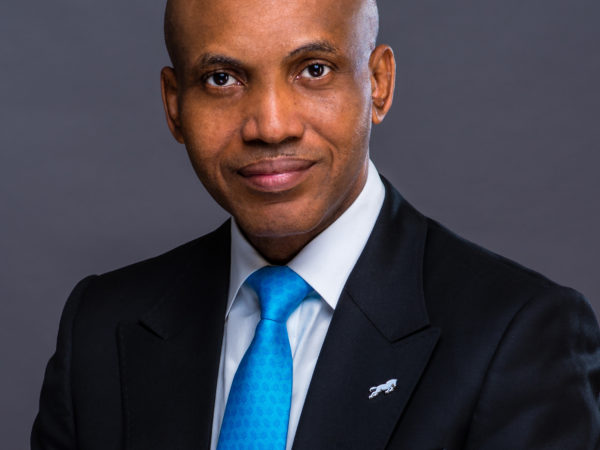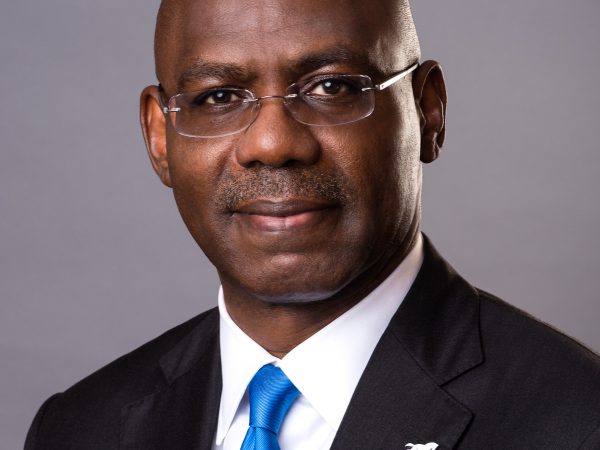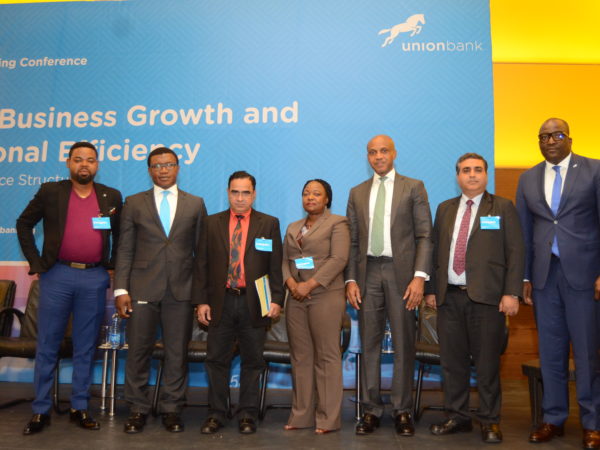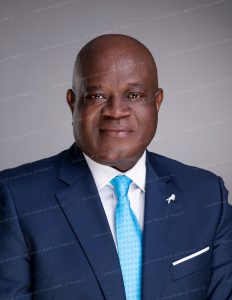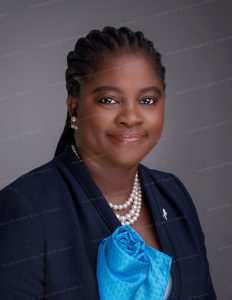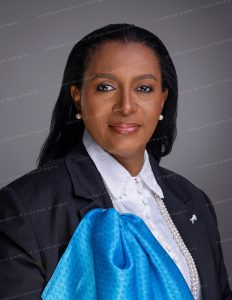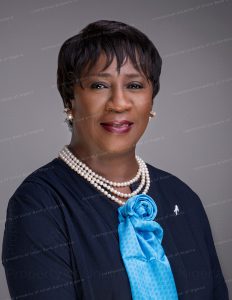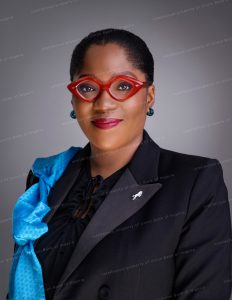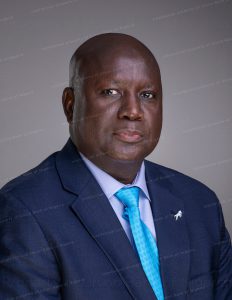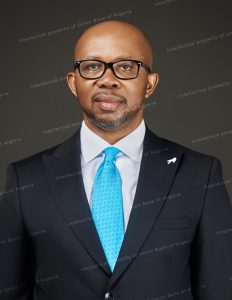
By Oyinkan Adewale
Mrs. Adewale is Executive Director, Chief Financial Officer, Union Bank.
This is the 2nd part of a paper delivered by her at a recent IWD seminar organized by a women empowerment NGO. Click here to read the 1st part.
Assessing the viability of your proposition
While one cannot undermine the importance of passion and determination on the journey to success, it is important to assess the viability of the product or service the business is built around.
To assess viability, a feasibility study should be conducted. A feasibility study is an in-depth examination of a project’s potential for success. The goal of the feasibility study is to determine whether the project is feasible, taking into consideration the company’s resources, the projected cash flow and sustainability in the long term. A feasibility study is particularly useful for a “Greenfield” project – a new project. However, if the business already exists, there might be no need for this. A feasibility study is the foundation of a business plan as it reviews opportunities and threats in key areas including market, organisational structure and financial projections.
Following a positive result from the feasibility study, a Business Plan is required. This plan provides the communication link between interested investors and the owner/promoter of the business. It is a summary of the businesses direction and how exactly it intends to get there. A business plan is a tool used by business owners to set goals and objectives for the company’s performance and to communicate clearly with staff, directors, lenders and potential investors.
As women entrepreneurs, what can we do to make our businesses bankable?
A bankable project/proposal is one that lenders/investors are willing to finance. To create a bankable project, you need to run the numbers; Are future cash flows – (the net value of what you receive vs your expenses), sufficient to repay the loan on time? When will you break even? Is the business profitable? You need to have security; Security should be adequate/liquid collateral and you need to stay on the right side of the law; complying with industry regulations is key to avoiding fines and a possible business shutdown.
In addition, it is important to note that you should separate your company’s financials from your personal finances. Personal lifestyles should not be funded using the capital/income of the company.
To make a business case attractive, the business plan should include details such as the scalability of the project; profitability, liquidity; technology and quality of management. Other important aspects of the business plan are a clear description of the market and the value added proposition which clearly articulates the uniqueness of the project or service.
There are several examples of Nigerian women who have successfully balanced passion and viability. These include Banke Meshida-Lawal, founder of BMPro and Tara Fela-Durotoye, the founder of House of Tara who have created a niche for their brands in the Nigerian fashion industry. Others are Yewande Zaccheaus and Funke Bucknor-Obruthe who also took advantage of the Lagos party scene to create successful event management businesses. These ladies have shown that if you can identify gaps in the market and create products to meet the needs of the customers, you can successfully turn your passion into a full-fledged business.
To be continued…
